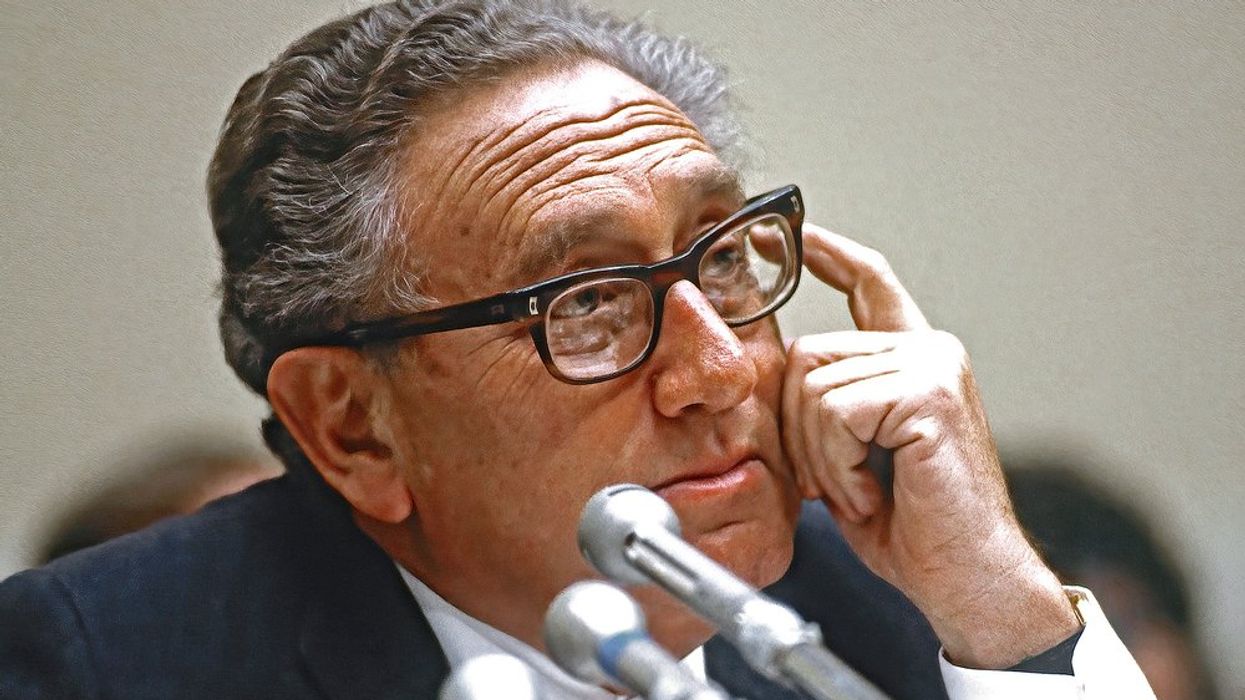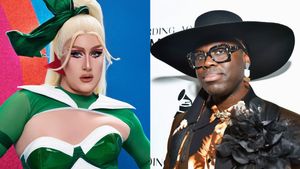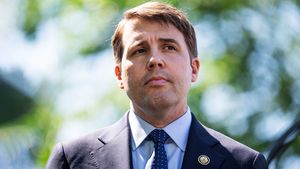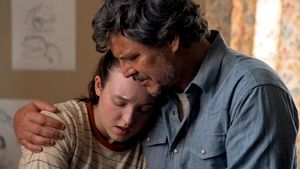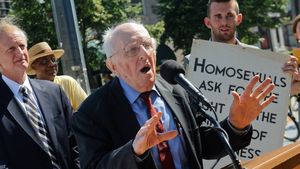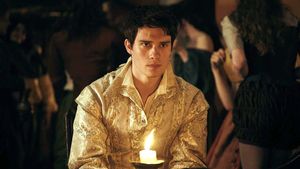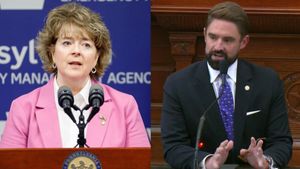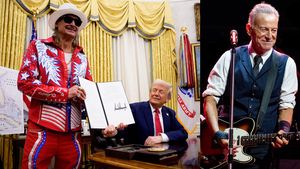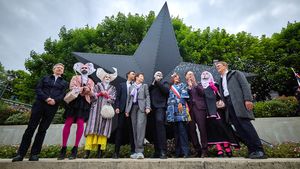Henry Kissinger, the first person to ever serve as both Secretary of State and National Security Adviser, died on Wednesday at the age of 100.
Before becoming disgraced former president Ricard Nixon’s Secretary of State and National Security Adviser, Kissinger was a consultant to several different government agencies, including the National Security Council’s Operations Coordinating Board, the Department of State, the Operations Research Office, and the Arms Control and Disarmament Agency, according to the Office of the Historian.
After Nixon resigned following the Watergate scandal and President Gerald Ford took over, he kept Kissinger in his dual roles and the two men worked together on a variety of things such as the détente with the Soviet Union, establishing relations with the People’s Republic of China, and negotiations in the Middle east.
Henry Kissinger dead at 100
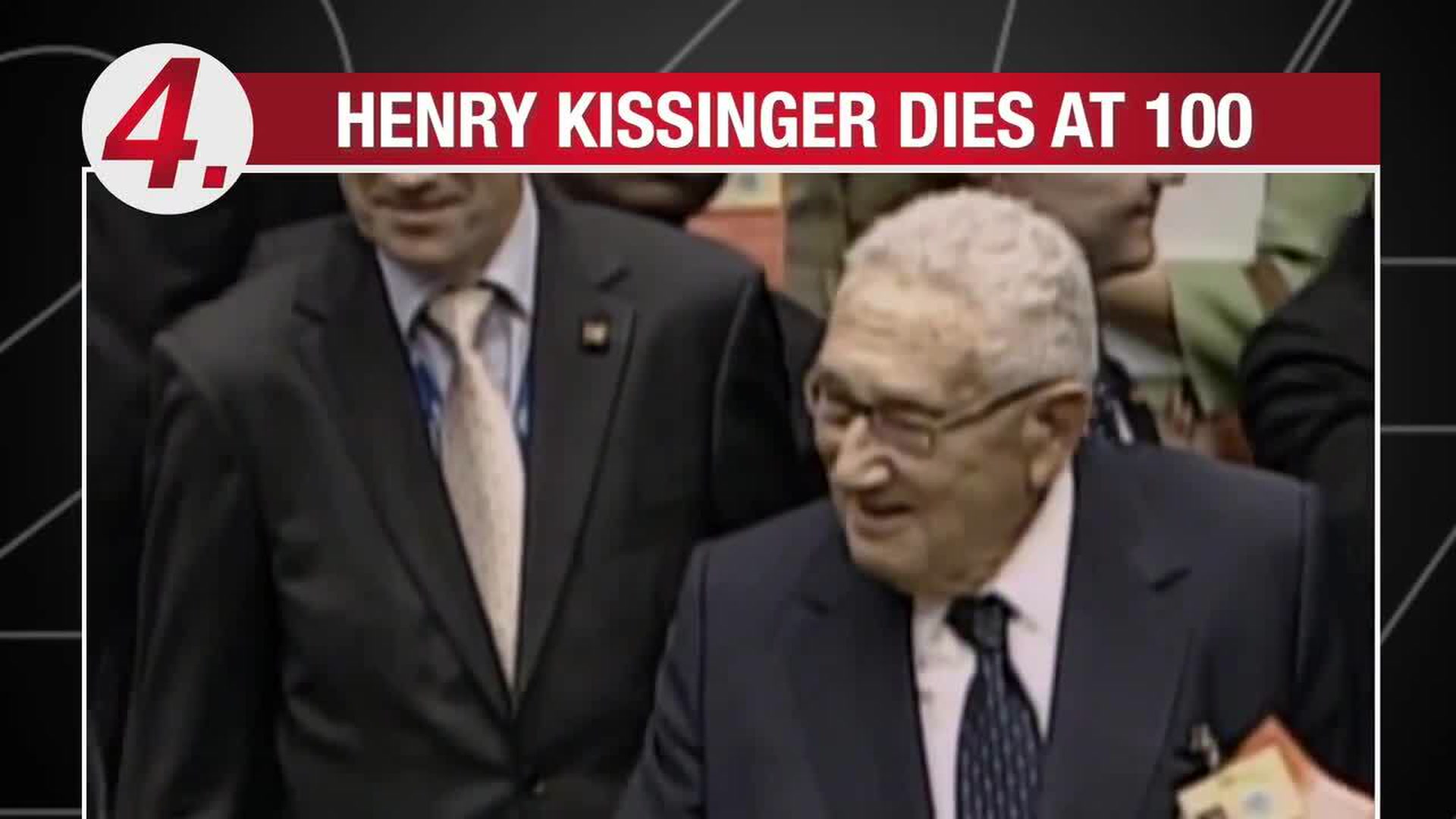
Kissinger’s career as Secretary was full of many controversial decisions. These included him being blamed for failing to persuade Israel and Egypt to agree to a second-stage disengagement in the Sinai, as well as his bias towards Pakistan in the India-Pakistani War of 1971. He was once heard referring to Indians as “bastards," according to Reuters.
Kissinger's most controversial role was during the Vietnam War, in which he worked with Nixon to sabotage a peace agreement between the North Vietnamese and former president Lyndon Johnson in order to bolster Nixon's campaign against him.
Despite having no constitutional role in the military, Kissinger also personally selected bombing targets, overseeing campaigns that dropped 110,000 tons of explosives on Cambodia, and others that led to the deaths of over 100,000 people in Vietnam.
In 1973, Kissinger was awarded the Nobel Peace Prize, along with North Vietnam’s Le Duc Tho. This was extremely controversial, as they were nominated for their work on the Paris peace talks, which arranged not only the withdrawal of U.S. troops and a ceasefire, but also the conservation of the South Vietnam Government. This move caused two members of the Nobel committee to resign. Tho declined the prize, reasoning that their work had not yet brought peace.
Kissinger also assisted right-wing coup against Argentina's populist government. It was stated by the Argentine military, and documents were provided later to prove, that Kissinger gave them the green light to carry out their “dirty war.” At the time of the 1976 coup, Kissinger even released a memo, according to Reuters, where he encouraged the military dictators and praised them for eliminating “terrorist forces.”
Recent analysis of Kissinger's life from Rolling Stone dubbed him a "war criminal," noting that the figure "played a role in the deaths of so many different peoples that treating each with due consideration requires writing a book."- Over 400 Biden Administration Staff Sign Letter Calling For Ceasefire in Gaza ›
- Did Biden Get DC's Pandas Back? China Open to Returning Them as ‘Envoys of Friendship’ ›
- In Gaza, Being a Mother Is a Matter of Life and Death ›
- Rosalynn Carter's Family Pays Tribute to the Former First Lady and Humanitarian ›
